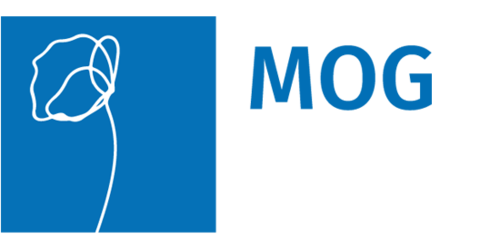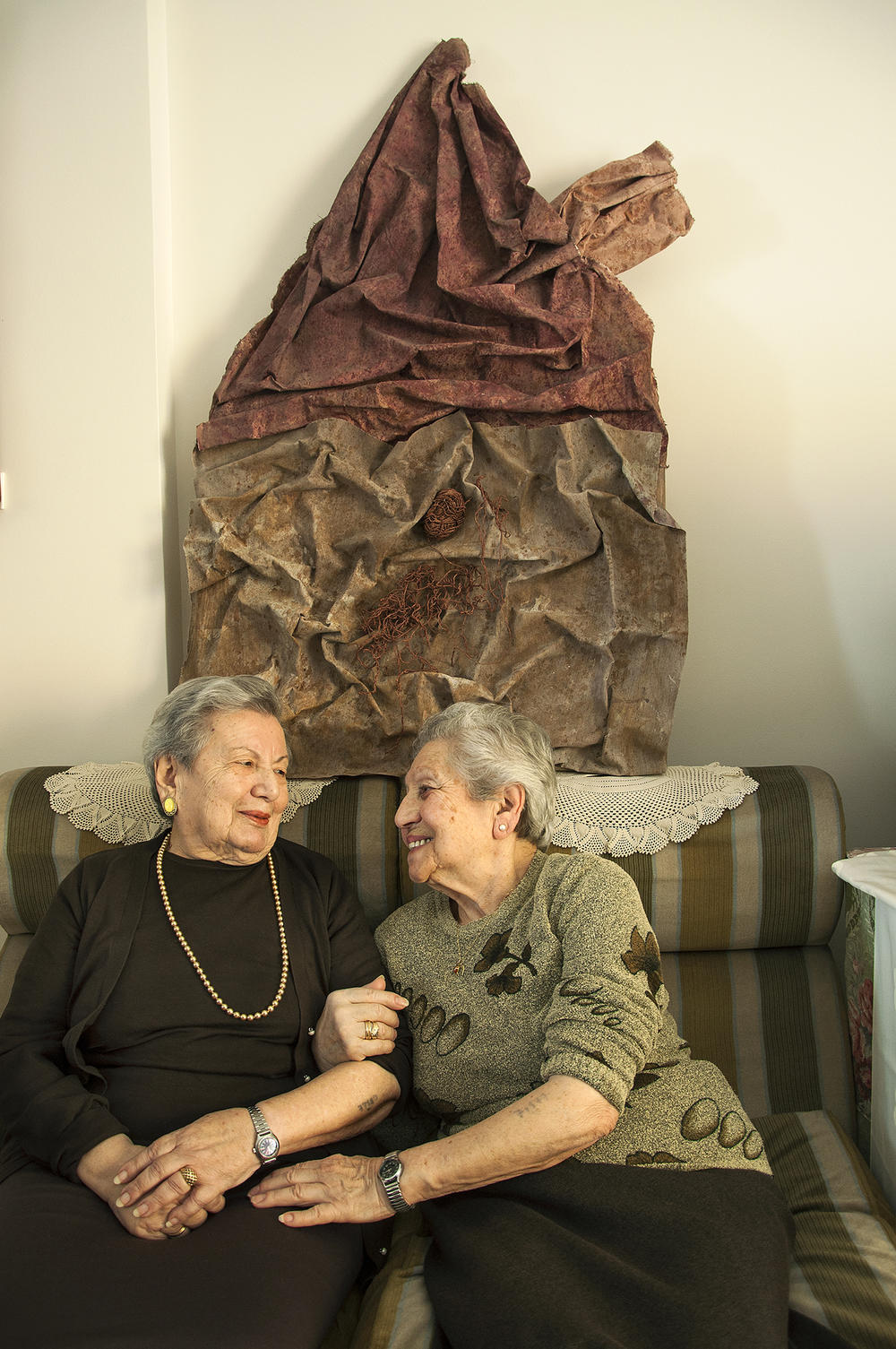Interview Methods: Biographical Interviews
Sisters Chryssoula Eliasaf and Fortune Gani, Holocaust survivors. Photography project: Artemis Alkalai.
Although the primary research interest of the project “Memories of the Occupation of Greece” is the time of the occupation, the interviews that are conducted cover the entire life of the contemporary witnesses. This decision to conduct biographical interviews was made because of the importance of the subject’s character and story prior to the occupation for understanding their behavior and actions during the occupation. Memories of the time after the occupation are important, as the experience has an effect on the entire life of the individual.
Interview Process
The interviewers prepare themselves thoroughly for the interview. They possess an extensive knowledge of the Nazi occupation of Greece and have been informed about the particular circumstances of the person to be interviewed, allowing them to comprehend each individual life story in its complexity. Furthermore, the interviewers prepare questions to assist in understanding the biography of each individual and the events that occurred during the occupation.
For the project, the interviewers follow the biographical-narrative method as described by Alexander von Plato. The interview subjects have the opportunity to tell the story of their whole life without interruptions, setting their own priorities and following an associative or chronological structure as they deem appropriate. This is done in the first (open) stage of the interview, which is introduced with the general question: “Could you please tell us the story of your life?”
Only if the interviewees so wish, the open interviews can lead to the implementation of specific questions.
In a second phase, the interviewers formulate questions that help to better understand aspects of the narrative and eliminate possible misunderstandings.
Only in the third phase is it possible to ask about specific points from the original list of questions that remain unanswered.
Finally, it is possible in the fourth phase to critically discuss specific points.
As a matter of principle, the interviews are conducted with respect and empathy. Photos, documents or artifacts are examined together in order to bring back memories.
After the interview, the interviewer completes a short biography and an interview protocol with a description of the interview situation. The interview subject receives a written copy of the interview.
Participation in the interview also grants the project the right to use the report for non-commercial education and research purposes.
The biographical narrative method as described by Alexander von Plato (PDF in german language)

